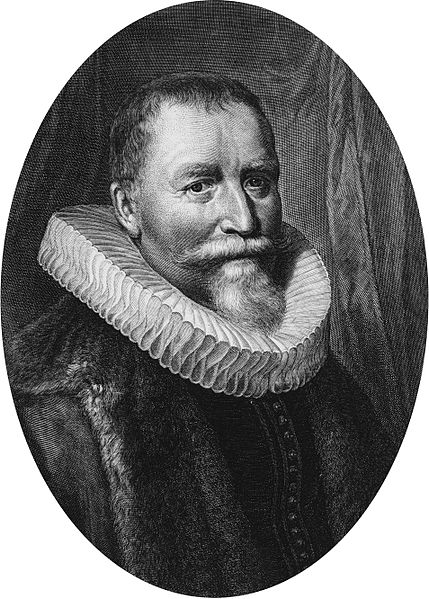Infinite photos and videos for every Wiki article ·
Find something interesting to watch in seconds
Celebrities
Kings of France
Animals
Great Cities
Richest US Counties
Wars and Battles
Rare Coins
Best Campuses
British Monarchs
Largest Palaces
Famous Castles
Ancient Marvels
Great Museums
Countries of the World
Presidents
Orders and Medals
Crown Jewels
Recovered Treasures
Sports
World Banknotes
Tallest Buildings
Wonders of Nature
Largest Empires
Great Artists
History by Country
Supercars
more top lists






